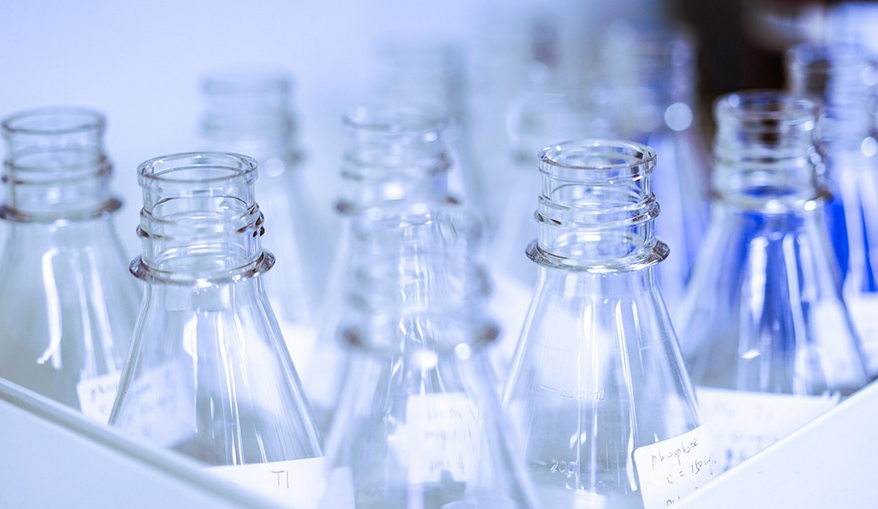Introduction
Alcohol withdrawal is a condition that occurs when an individual who has been consuming alcohol regularly stops or significantly reduces their intake. It can cause a range of physical and psychological symptoms that can be uncomfortable and sometimes even life-threatening.
What Causes Alcohol Withdrawal?
Alcohol withdrawal occurs when an individual who has been consuming alcohol regularly suddenly stops or reduces their intake. This can happen due to a variety of reasons, including attempting to quit drinking, financial or legal issues, or health problems.
Signs and Symptoms of Alcohol Withdrawal
Alcohol withdrawal can cause a range of physical and psychological symptoms. Physical symptoms can include tremors, sweating, nausea, vomiting, and seizures. Psychological symptoms can include anxiety, depression, irritability, and confusion.
Timeline of Alcohol Withdrawal
The timeline of alcohol withdrawal can vary depending on the individual and the severity of their alcohol addiction. Typically, the symptoms of alcohol withdrawal will begin within a few hours of the last drink and can last for several days or even weeks.
The first 24-48 hours of alcohol withdrawal are typically the most intense, and individuals may experience symptoms such as tremors, anxiety, and seizures. After the first few days, symptoms may begin to subside, but some individuals may experience prolonged withdrawal symptoms that can last for several weeks.
Treatment for Alcohol Withdrawal
Treatment for alcohol withdrawal typically involves medical intervention to manage symptoms and prevent complications. This can include medications to manage seizures and anxiety, as well as fluids and electrolytes to prevent dehydration and maintain proper hydration levels.
In some cases, individuals may require hospitalization to manage severe symptoms or complications such as delirium tremens (DTs) or seizures.
Prevention of Alcohol Withdrawal
The best way to prevent alcohol withdrawal is to seek treatment for alcohol addiction before it becomes severe. This can include counseling, support groups, and medication-assisted treatment (MAT) to manage cravings and prevent relapse.
Conclusion
Alcohol withdrawal is a serious condition that can cause a range of physical and psychological symptoms. If you or a loved one are experiencing symptoms of alcohol withdrawal, it is important to seek medical attention immediately. With proper treatment and support, individuals can overcome alcohol addiction and prevent the risk of withdrawal.

